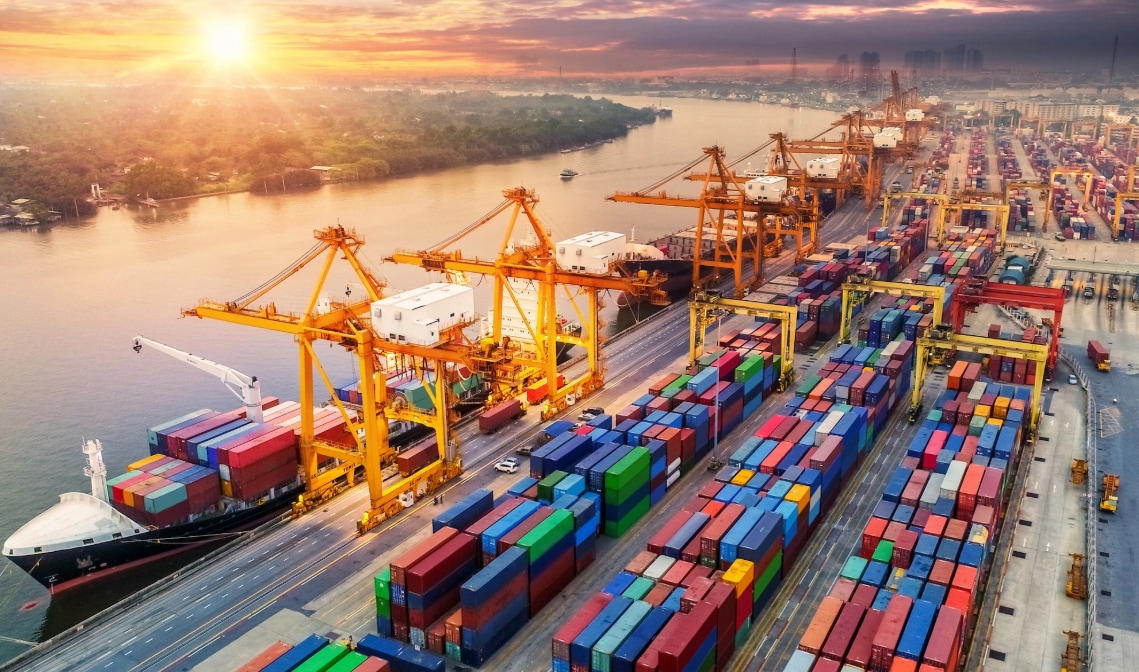$400 billion debt burden: Emerging economies face climate action crisis

Debt or development? Emerging economies face impossible choice as climate costs rise.
Image: Pexels/Julia Volk
Stay up to date:
Development Finance
- Emerging economies face a crippling choice: pay a record $400 billion in debt or invest in climate action as required by global agreements.
- A new report warns nearly 50 developing countries risk defaulting if they try to meet both obligations and call for debt relief.
- Inaction, the report warns, will be far more expensive than taking action to support these vulnerable economies.
Emerging countries will pay a record $400 billion to service external debt this year, and 47 of them cannot spend the money they need for climate adaptation and sustainable development without risking default in the next five years, according to a report released on the eve of IMF/World Bank spring meetings.
How is the World Economic Forum improving the global financial system?
The report from the Debt Relief for Green and Inclusive Recovery Project (DRGR) found that the 47 developing countries would hit external debt insolvency thresholds, as defined by the International Monetary Fund (IMF), in the next five years if they invested the necessary amounts to hit 2030 Agenda and Paris Agreement goals.
"They would be in such high debt distress that they would be knocking on the door of (default), given the current debt environment, if they were going to try to mobilize that kind of financing," said Kevin Gallagher, director of Boston University's Global Development Policy Center, which led the project.
Many of the at-risk countries are in Africa, including Senegal, Nigeria and Kenya.
A further 19 developing countries lack the liquidity to meet the spending targets without help, though they would not approach default thresholds.
Have you read?
Soaring global debt and hiked interest rates are creating a big issue for developing countries. Here’s why
How de-risking renewable investments can bridge the $1.2 trillion gap in developing countries
How developing countries can empower themselves to navigate the challenges of global cooperation
World Bank: faster growth is needed to avoid debt restructuring in emerging economies
The report called for an overhaul of the global financial architecture, alongside debt forgiveness for the most at-risk countries and an increase in affordable finance and credit enhancements.
"We need to mobilize more capital and bend down the cost of capital for countries if we're going to have any prayer to meet this," Gallagher told Reuters.
The DRGR Project is a collaboration between the Boston University Global Development Policy Center, Germany's Heinrich-Böll-Stiftung, and the Centre for Sustainable Finance at the University of London's School of Oriental and African Studies (SOAS).
The report also presses the International Monetary Fund to rejig the way it calculates debt sustainability: arcane-sounding assessments that are crucial to determining how much debt relief countries in default get.
If the amount of debt that the IMF determines a country can handle is too high, it be saddled with unaffordable payments that could push it back into default.
Private creditors, however, have at times criticised the Fund's analyses for being too pessimistic, making them closely watched and politically charged.
The DRGR says the IMF, which is conducting a years-long review of the analyses, must incorporate climate spending needs, as well as buffers to cover shocks ranging from climate catastrophes to economic crises to pandemics.
Accept our marketing cookies to access this content.
These cookies are currently disabled in your browser.
"If the international community does not act in a swift and uniform manner to provide comprehensive debt relief where needed alongside new liquidity, grants and concessional development finance, the costs of inaction will be exorbitant," the report warned.
Don't miss any update on this topic
Create a free account and access your personalized content collection with our latest publications and analyses.
License and Republishing
World Economic Forum articles may be republished in accordance with the Creative Commons Attribution-NonCommercial-NoDerivatives 4.0 International Public License, and in accordance with our Terms of Use.
The views expressed in this article are those of the author alone and not the World Economic Forum.
Forum Stories newsletter
Bringing you weekly curated insights and analysis on the global issues that matter.
More on Climate ActionSee all
Jose Ignacio Galindo and Nicolas Wertheimer
July 24, 2025
David Elliott
July 22, 2025
Stephanie Dunn and Firuze Alpaydin
July 22, 2025
Muhammad Hassan Dajana and James Balzer
July 22, 2025



